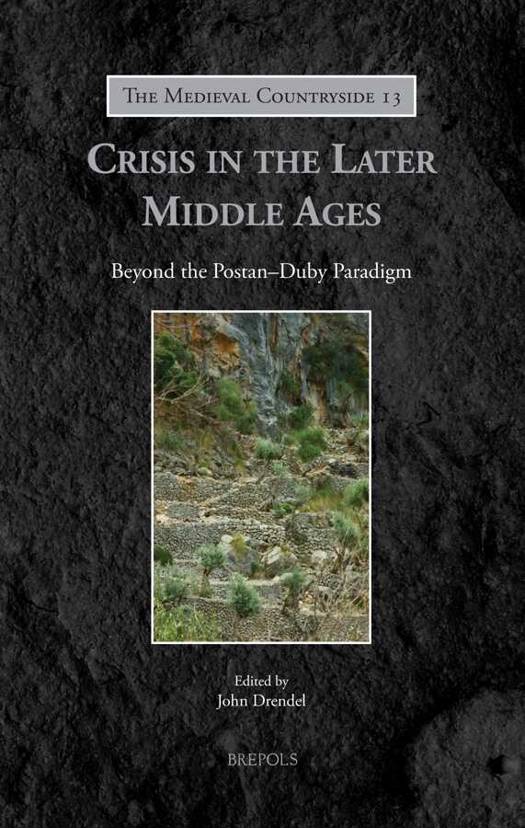
- Afhalen na 1 uur in een winkel met voorraad
- Gratis thuislevering in België vanaf € 30
- Ruim aanbod met 7 miljoen producten
- Afhalen na 1 uur in een winkel met voorraad
- Gratis thuislevering in België vanaf € 30
- Ruim aanbod met 7 miljoen producten
Omschrijving
These papers are taken from the first of a series of five international conferences devoted to the European conjuncture in 1300. They examine the enduring influence of Michael Postan's Malthusian model of economic crisis, and in particular the impact upon non-English speaking historians of Postan's ideas as interpreted by Georges Duby. Through both historiographical essays and original research, the authors reinterpret the later medieval crisis on the continent and in Britain. The vision they express is of a medieval society in which economic, political, and social threads wove together town and country in a complex web extending to the furthest reaches of the 'margin', in the highlands of the Mediterranean and on the heaths of England. In order to understand the later medieval crisis, our attention must shift to how individuals negotiated and manoeuvred among institutions of exchange, power, and culture in their bewildering complexity rather than focus upon the modelling of reified factors.
Specificaties
Betrokkenen
- Auteur(s):
- Uitgeverij:
Inhoud
- Aantal bladzijden:
- 368
- Taal:
- Engels
- Reeks:
- Reeksnummer:
- nr. 13
Eigenschappen
- Productcode (EAN):
- 9782503547428
- Verschijningsdatum:
- 1/06/2015
- Uitvoering:
- Hardcover
- Formaat:
- Genaaid
- Afmetingen:
- 163 mm x 239 mm
- Gewicht:
- 771 g

Alleen bij Standaard Boekhandel
+ 233 punten op je klantenkaart van Standaard Boekhandel
Beoordelingen
We publiceren alleen reviews die voldoen aan de voorwaarden voor reviews. Bekijk onze voorwaarden voor reviews.










